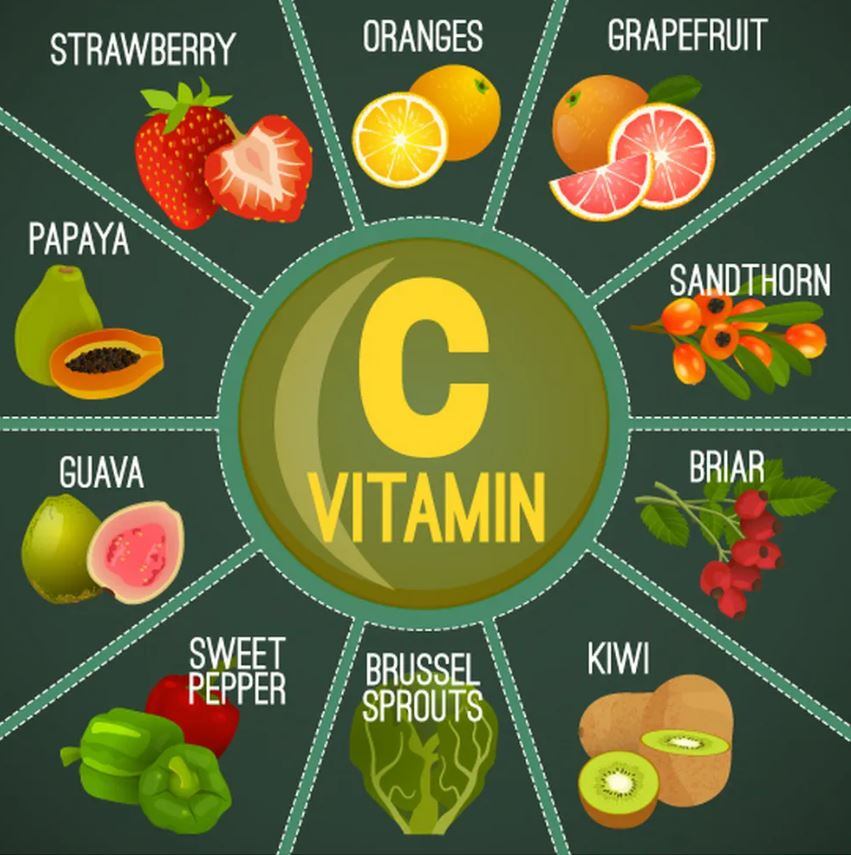Vitamin C is an essential nutrient that has been widely researched and studied for its numerous health benefits. It is a powerful antioxidant that helps protect the body against oxidative stress and damage caused by free radicals. In addition, Vitamin C plays a crucial role in maintaining a healthy immune system, promoting wound healing, and supporting skin health.
One of the primary benefits of Vitamin C is its role in boosting the immune system. Vitamin C is essential for the production of white blood cells, which are crucial in fighting off infections and diseases. It also enhances the function of these cells, helping to prevent and fight off illnesses such as the common cold and flu. In addition, Vitamin C has been shown to reduce the severity and duration of symptoms when taken at the onset of an illness.
Vitamin C also supports wound healing by promoting the formation of collagen, which is a crucial protein for tissue repair and regeneration. This makes Vitamin C particularly important for those who have experienced injury or surgery, as it can help speed up the healing process. Additionally, Vitamin C plays a vital role in maintaining skin health by protecting it against sun damage and promoting skin cell turnover. This helps keep the skin looking youthful and radiant, and also reduces the risk of skin damage and skin cancer.
Vitamin C is also a powerful antioxidant that helps protect the body against oxidative stress and damage caused by free radicals. Free radicals are unstable molecules that can cause harm to cells and tissues, leading to chronic diseases such as heart disease, cancer, and neurodegenerative conditions. Vitamin C neutralizes these harmful molecules, reducing oxidative stress and helping to prevent the development of chronic diseases.
In addition to its many health benefits, Vitamin C is also widely available in a variety of food sources, making it easy to incorporate into your diet. Some of the best food sources of Vitamin C include citrus fruits like oranges and lemons, as well as berries, kiwi, guava, and papaya. Vegetables such as bell peppers, broccoli, and Brussels sprouts are also high in Vitamin C.
While Vitamin C is essential for overall health and wellness, it is important to note that taking high doses of Vitamin C supplements can lead to adverse side effects, including nausea, diarrhea, and abdominal cramping. It is recommended to obtain Vitamin C from a balanced diet and to speak with a healthcare provider before starting any new supplement regimen.
In conclusion, Vitamin C is a crucial nutrient that offers numerous health benefits, including boosting the immune system, supporting wound healing, maintaining skin health, and reducing oxidative stress. By incorporating Vitamin C-rich foods into your diet, you can reap the benefits of this essential nutrient and maintain optimal health and wellness.
